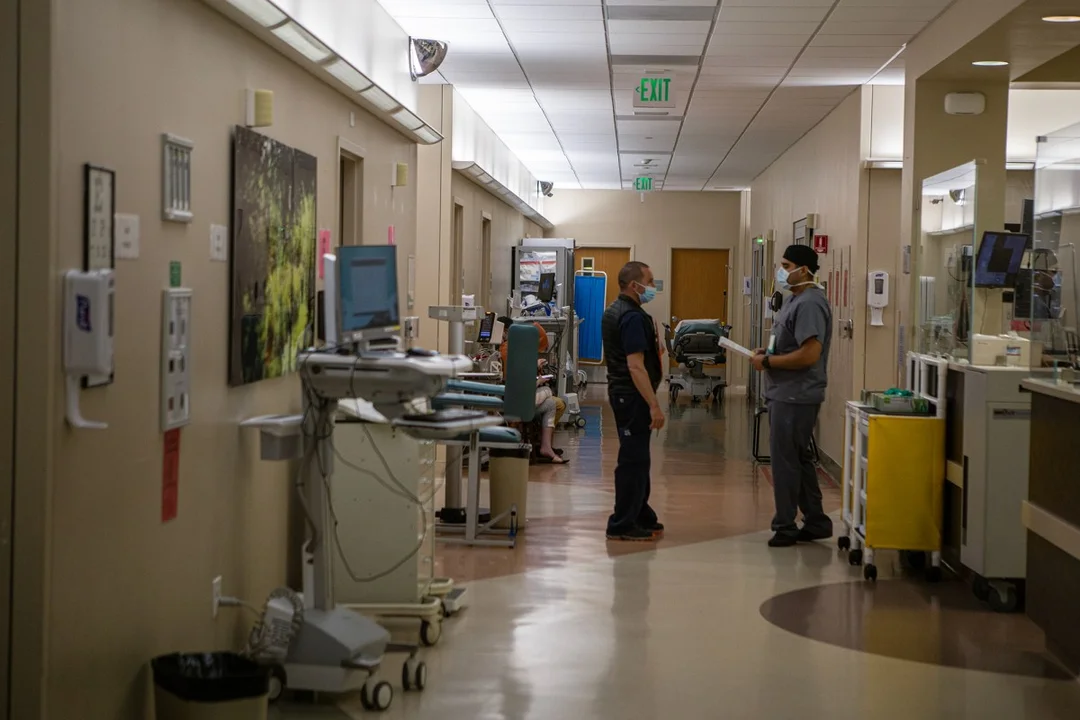
California’s Medi-Cal Program Faces Budget Shortfall
California's Medi-Cal program, which provides health care coverage to low-income individuals, is grappling with a significant budget shortfall. The program, serving over 14 million Californians, is facing a projected deficit of $8.3 billion in the upcoming fiscal year. This alarming situation has sparked concerns among healthcare advocates and policymakers about the sustainability of the program and its impact on vulnerable populations.
The budget shortfall is attributed to a combination of factors, including increased enrollment due to the state's efforts to expand coverage during the COVID-19 pandemic and rising healthcare costs. The state's Department of Health Care Services has proposed various measures to address the shortfall, such as reducing provider payments and implementing cost-saving initiatives. However, these proposals have met with resistance from healthcare providers and advocates who argue that such measures could compromise the quality of care for Medi-Cal recipients.
California Governor Gavin Newsom has acknowledged the severity of the situation and emphasized the need for a comprehensive approach to tackle the budget shortfall. He has called for a special legislative session to explore potential solutions, including seeking additional federal funding and implementing targeted reforms to improve the program's efficiency. The outcome of these discussions will be crucial in determining the future of Medi-Cal and ensuring that millions of Californians continue to have access to essential healthcare services.
As the state grapples with this pressing issue, the Medi-Cal budget shortfall serves as a reminder of the challenges faced by safety net programs in the face of economic uncertainties and rising healthcare costs. The decisions made in the coming months will have far-reaching implications for the health and well-being of California's most vulnerable residents.